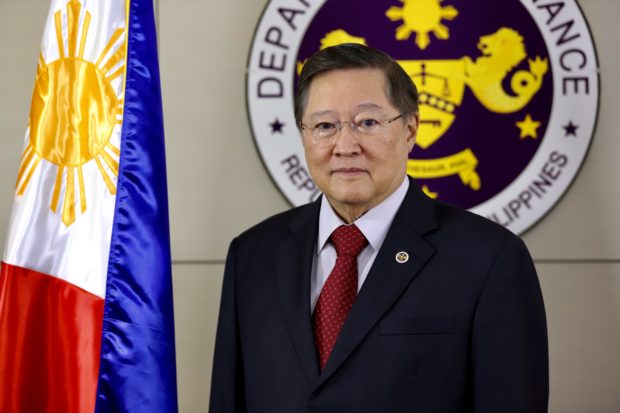Program to boost LGUs’ revenue-generation capabilities
Local governments’ revenue-generation capabilities are expected to get a boost from a project financed by Manila-based Asian Development Bank (ADB), which is aimed at shoring up real property tax collection.
During the first meeting of the newly formed interagency governing board (IGB), which is implementing the ADB-funded local governance reform project, Finance Secretary Carlos Dominguez III said “local governments are at the frontline of serving vulnerable communities, especially during these very challenging times … they are the catalysts for building a new economy while the national government does its utmost to address this global health emergency.”
“At both national and local levels, we need to optimize our revenue-generation powers and improve tax administration to raise necessary funds for our COVID-19 response efforts and economic recovery program. Even as we stretch resources to stimulate the economy, we must continuously build up our fiscal resilience,” Dominguez said.
He said the local governance reform project would help boost the revenue-collection capacity of local government units (LGUs) by adopting new digital tools and bolstering institutional development and policy support for property valuation. This project is in line with the administration’s goal of empowering LGUs and strengthening their local resource mobilization and public financial management, he added.
To recall, the ADB and the Philippine government in July last year signed the $26.53-million loan which would fund initiatives to strengthen property valuation mechanisms, introduce new digital tools for accurate and transparent reporting, and update property valuation assessments and tax maps, the Department of Finance (DOF) said in a statement.
Last month, President Duterte issued Administrative Order (AO) No. 40, which established the IGB chaired by Dominguez.
Also part of the IGB are the Departments of Budget and Management (DBM), the Interior and Local Government (DILG), and Information and Communications Technology (DICT), as well as the National Economic and Development Authority (Neda) and the Bureau of Internal Revenue (BIR).
Also, the leagues of provinces and cities/municipalities, the private sector and non-government organizations are also represented in the IGB. INQ

